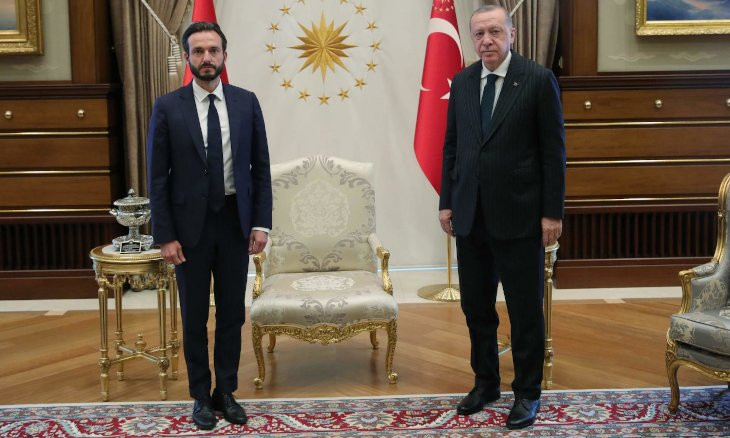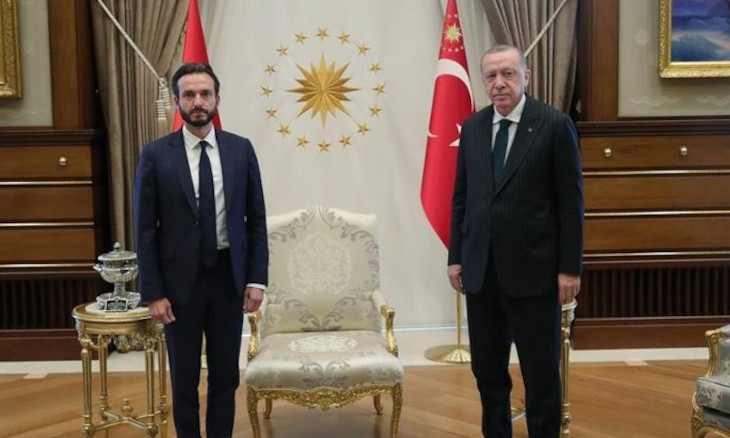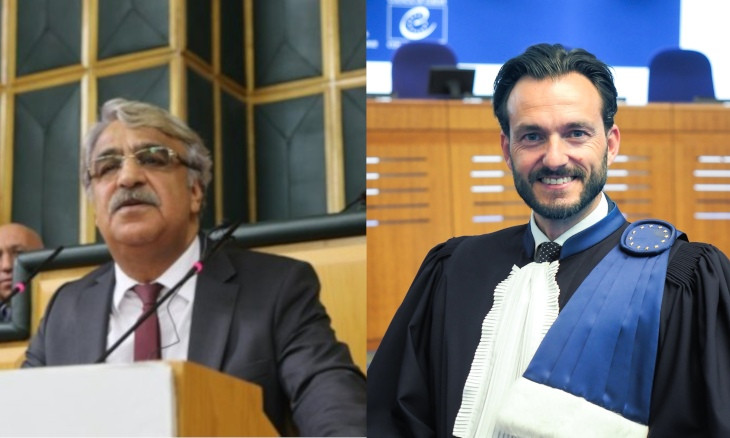ECHR chief stresses 'binding' obligation of member states to implement court's rulings
ECHR President Robert Spano said on Jan. 28 that one of the most important decisions that the Strasbourg court took in 2020 concerns the case of jailed Kurdish politician Selahattin Demirtaş. He also stressed the binding obligation of each Council of Europe member state to implement judgments of the ECHR, which he said was “crystal clear” from a legal point of view. Spano also
Duvar English
European Court of Human Rights (ECHR) President Robert Spano said on Jan. 28 that the decisions of the Strasbourg court are binding and must be executed by the countries concerned, Euronews' Turkish service reported.
Speaking at the court’s annual press conference, Spano said that there were approximately 62,000 applications pending before the ECHR at the end of 2020. Some 70 percent of those applications related to just four Council of Europe member states – Russia (13,650), Turkey (11,750), Ukraine (10,400) and Romania (7,550).
He said that there was a 27 percent increase in the number of applications from Turkey in 2020, compared to 2019.
Spano also said that one of the most important decisions that the ECHR took in 2020 concerns the case of jailed Kurdish politician Selahattin Demirtaş.
The ECHR ruled on Dec. 22, 2020 that Turkey must immediately release Demirtaş, saying the justification for his four years in prison was a cover for limiting pluralism and debate. In 2018, the ECHR also ruled that Demirtaş’s right to a speedy trial had been violated.
In an interview with Euronews, Spano also addressed criticism with regards to his Sept. 3-5, 2020 visit to Turkey, during which he met with several high officials, including Turkish President Recep Tayyip Erdoğan.
During his visit, Spano did not meet with Turkey's critical media or human rights organization, which several rights groups said caused serious damage to the ECHR.
In his remarks to Euronews, Spano said that a three-day-long visit to a country is not long enough to meet the NGOs or other such groups. He said that the ECHR has been inviting rights groups to the court for many years now and will continue to do so.
He said that his visit to Turkey does not influence his independent or unbiased stance with regards to human rights issues. “We will continue to undertake cooperation with the concerned individual parties,” he said.
Council of Europe's Secretary-General Marija Pejcinovic Buric had earlier this week warned Turkey that compliance with the ECHR ruling on the case of renowned activist Osman Kavala is not “a kind request,” but rather “a binding legal requirement.”

 ECHR defends its president's controversial visit to TurkeyHuman Rights
ECHR defends its president's controversial visit to TurkeyHuman Rights Le Monde newspaper refers to ECHR chief Spano as 'sycophant' for his Turkey visitHuman Rights
Le Monde newspaper refers to ECHR chief Spano as 'sycophant' for his Turkey visitHuman Rights HDP co-chair urges ECHR head to reconsider decision to receive honorary doctorate from Istanbul UniversityPolitics
HDP co-chair urges ECHR head to reconsider decision to receive honorary doctorate from Istanbul UniversityPolitics